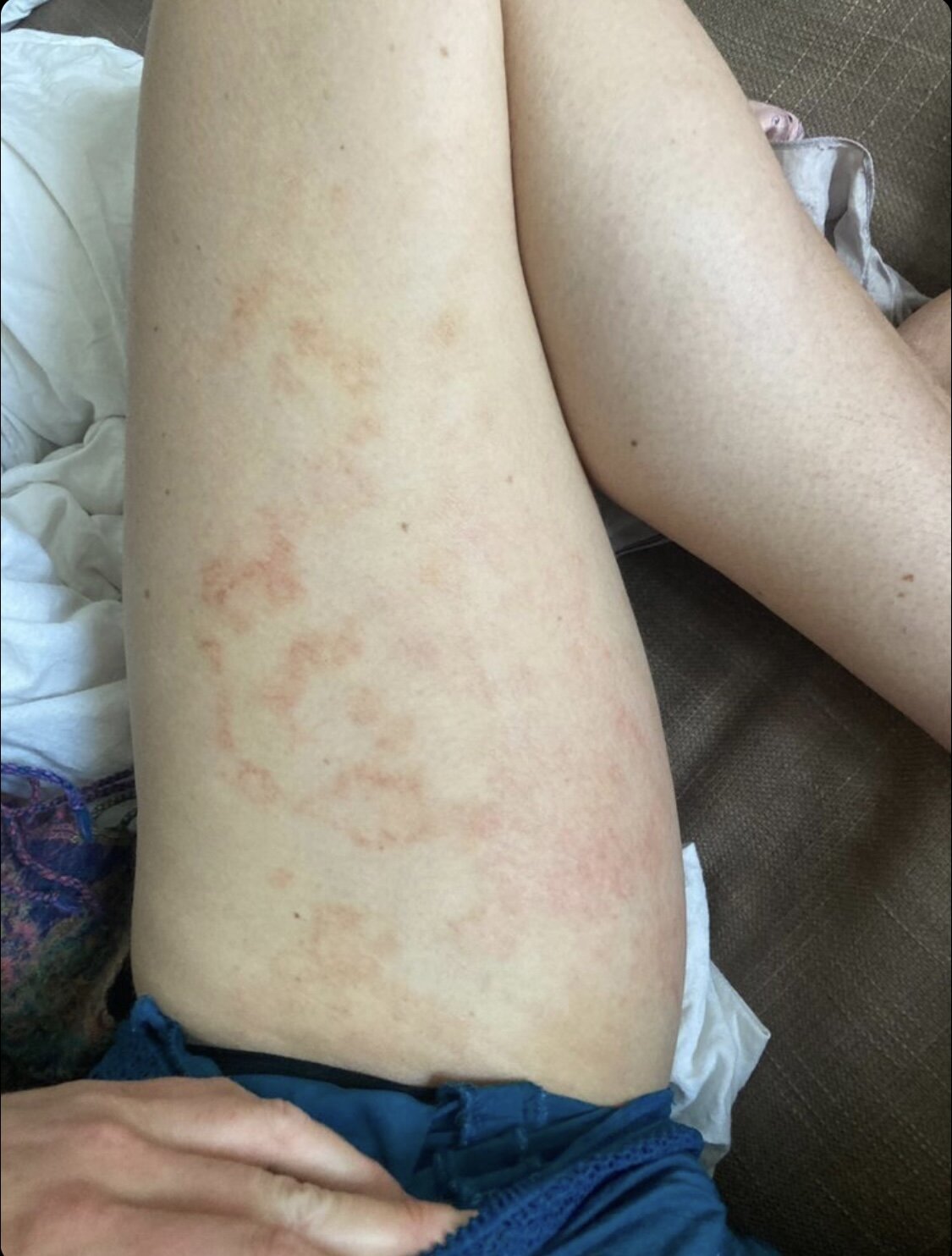Understanding Skin Infections: Causes and Treatments
Skin infections are more than just a nuisance—they can be painful, uncomfortable, and even dangerous if left untreated. In this article, we’ll delve into the causes and treatments of various skin infections, shedding light on how to prevent and manage these common conditions.
What Causes Skin Infections?
Skin infections can be caused by a variety of factors, including bacteria, viruses, fungi, and parasites. Bacterial infections, such as cellulitis and impetigo, often occur when bacteria enter the skin through cuts, scrapes, or insect bites. Viral infections, like herpes and shingles, are caused by viruses that lie dormant in the body and can be triggered by stress or weakened immune systems. Fungal infections, such as ringworm and athlete’s foot, thrive in warm, moist environments and are highly contagious. Parasitic infections, like scabies and lice, are caused by tiny organisms that live on or in the skin, feeding off blood or tissue.
Common Types of Skin Infections
There are numerous types of skin infections, each with its own set of symptoms and treatment options. Some of the most common include:
- Impetigo: This highly contagious bacterial infection causes red sores or blisters that can ooze and crust over.
- Cellulitis: Characterized by red, swollen, and tender skin, cellulitis is a bacterial infection that can spread rapidly if not treated promptly.
- Ringworm: Despite its name, ringworm is not caused by worms but by a fungus that creates a circular, red rash with raised edges.
- Athlete’s Foot: This fungal infection thrives in warm, moist environments like locker rooms and swimming pools, causing itching, burning, and cracking of the skin between the toes.
- Herpes: Herpes simplex virus (HSV) can cause cold sores or genital sores, which may recur periodically and be triggered by stress or illness.
- Scabies: This highly contagious parasitic infection causes intense itching and a pimple-like rash, often spreading quickly through close contact.
Symptoms of Skin Infections
The symptoms of a skin infection can vary depending on the type of infection and the underlying cause. However, common symptoms may include:
- Redness and inflammation of the skin
- Pain or tenderness
- Itching or burning sensation
- Blisters, sores, or rash
- Swelling or warmth in the affected area
- Discharge or pus
It’s important to seek medical attention if you experience any of these symptoms, as untreated skin infections can lead to complications such as abscesses, cellulitis, or even sepsis.
Diagnosing Skin Infections
Diagnosing a skin infection typically involves a physical examination of the affected area, along with a review of your medical history and symptoms. In some cases, your doctor may also perform a skin culture or biopsy to identify the specific organism causing the infection. This information is crucial for determining the most effective course of treatment.
Treating Skin Infections
Treatment for skin infections depends on the type and severity of the infection. In many cases, topical or oral medications may be prescribed to eliminate the infection and relieve symptoms. These may include:
- Antibiotics: For bacterial infections
- Antifungals: For fungal infections
- Antivirals: For viral infections
- Antiparasitic medications: For parasitic infections
In addition to medication, it’s important to practice good hygiene and avoid scratching or picking at the affected area to prevent further irritation or spread of the infection.
Preventing Skin Infections
While some skin infections are unavoidable, there are steps you can take to reduce your risk:
- Keep your skin clean and dry
- Avoid sharing personal items like towels and razors
- Wear protective clothing in high-risk environments
- Practice safe sex to reduce the risk of sexually transmitted infections
- Seek prompt treatment for any cuts, scrapes, or insect bites
By taking these preventive measures and seeking timely treatment for any suspicious symptoms, you can minimize your risk of developing a skin infection and enjoy healthy, clear skin for years to come. Read more about skin infection

